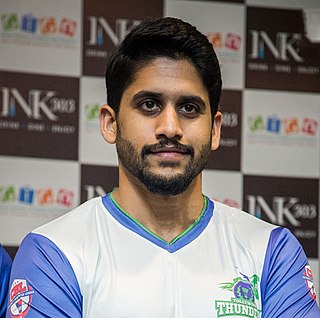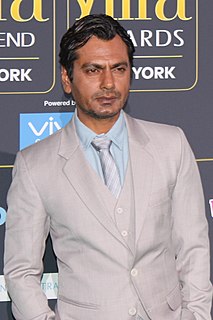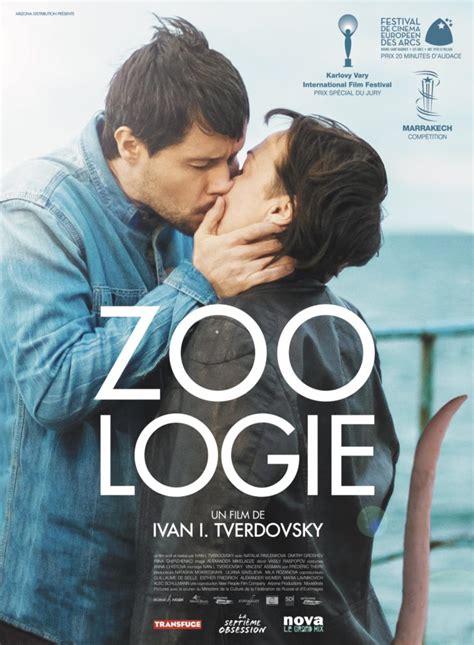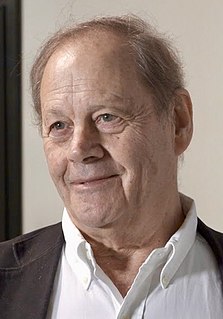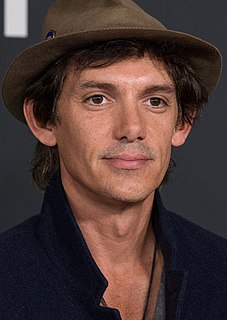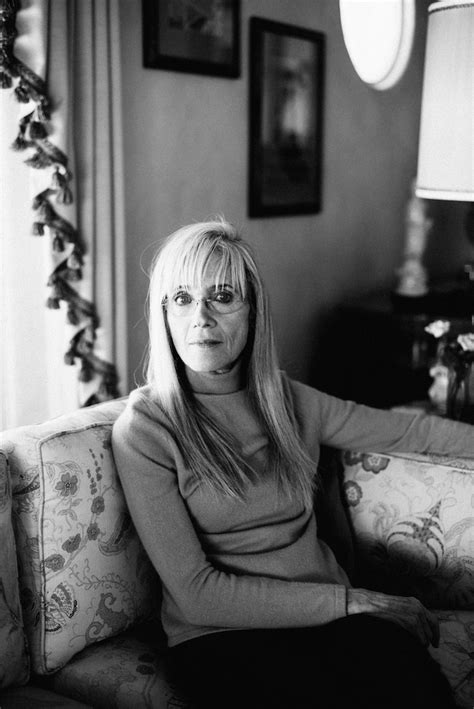A Quote by Rhea Chakraborty
Sonali Cable' is not a low budget film, it's a normal budget film.
Related Quotes
I naively thought I was making a low-budget movie. But, when the film came out, the Daily Variety reviewer at that time who was named Art Murphy described it as an exploitation film. I had never heard that term before. Roger never used it. So that's how I learned that I had made an exploitation film.







